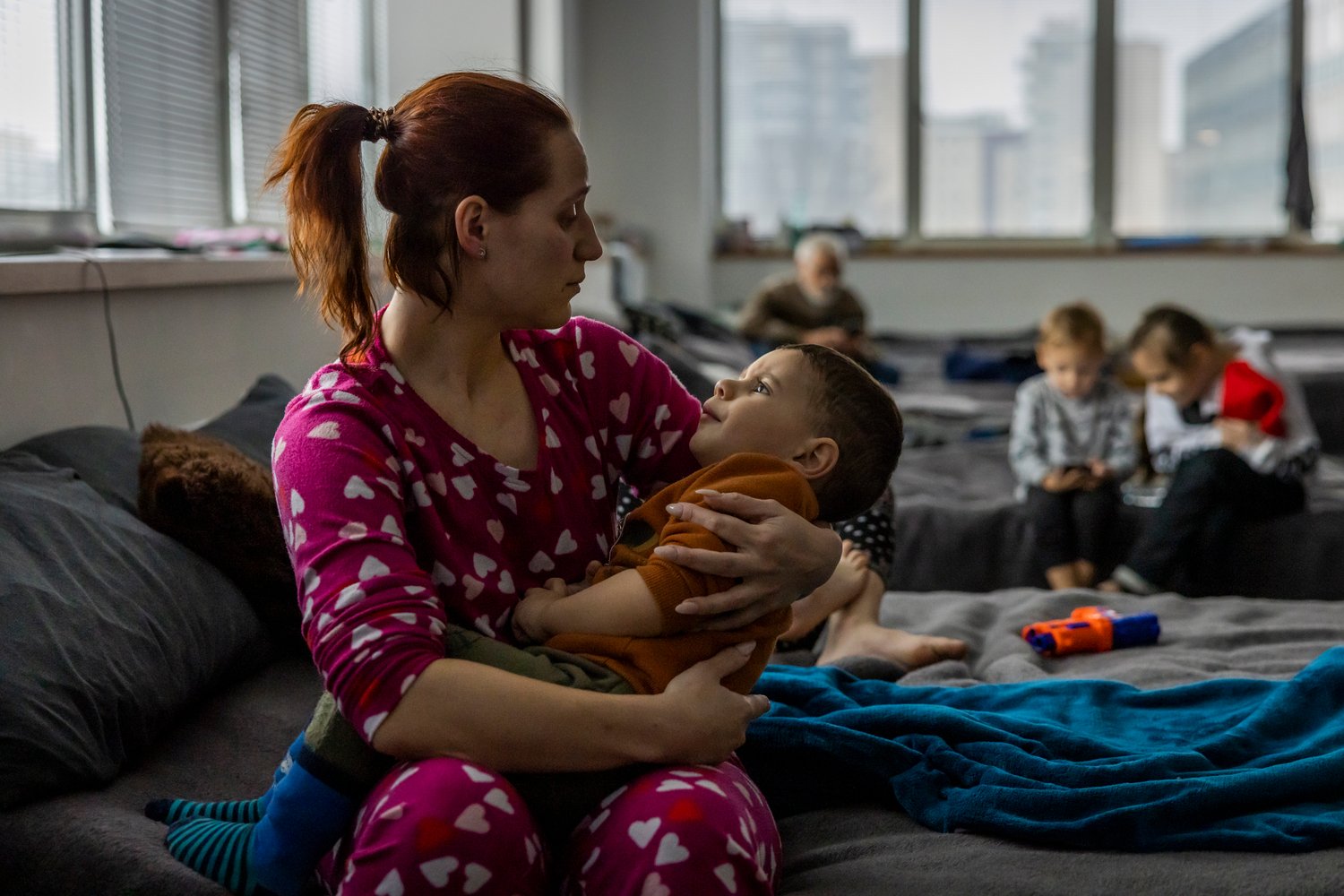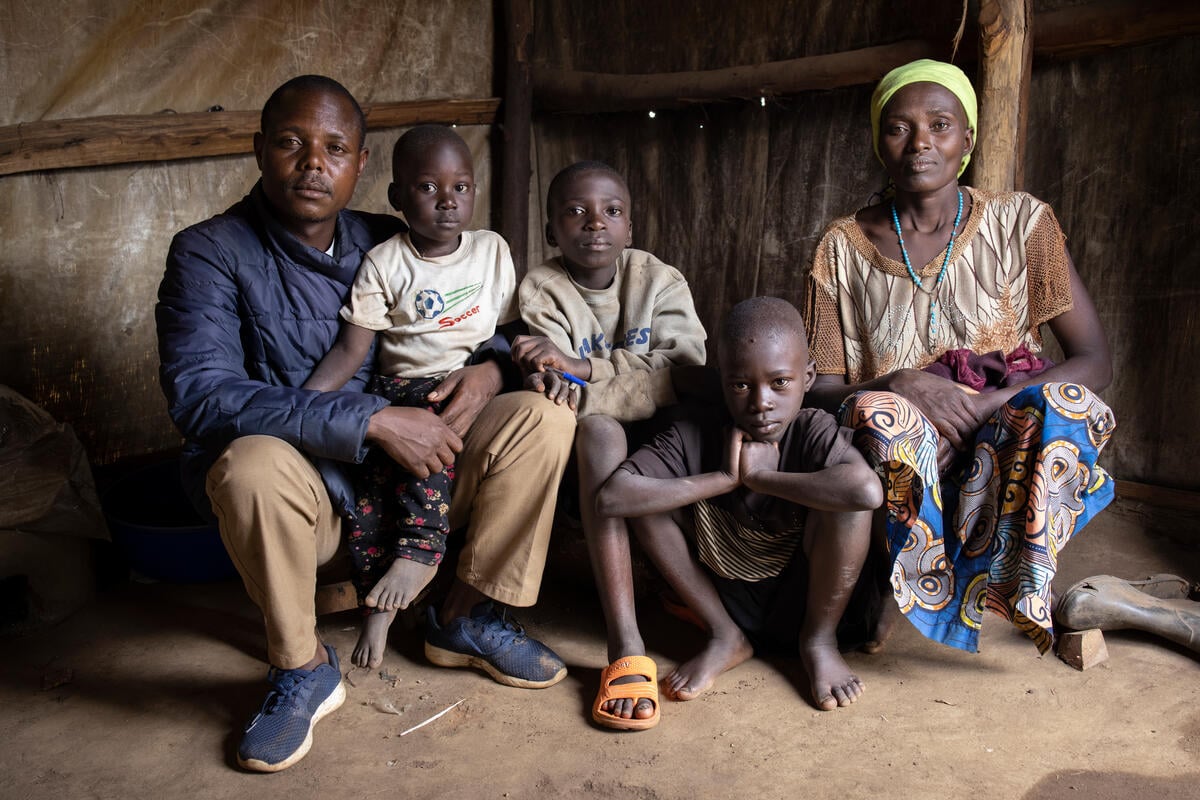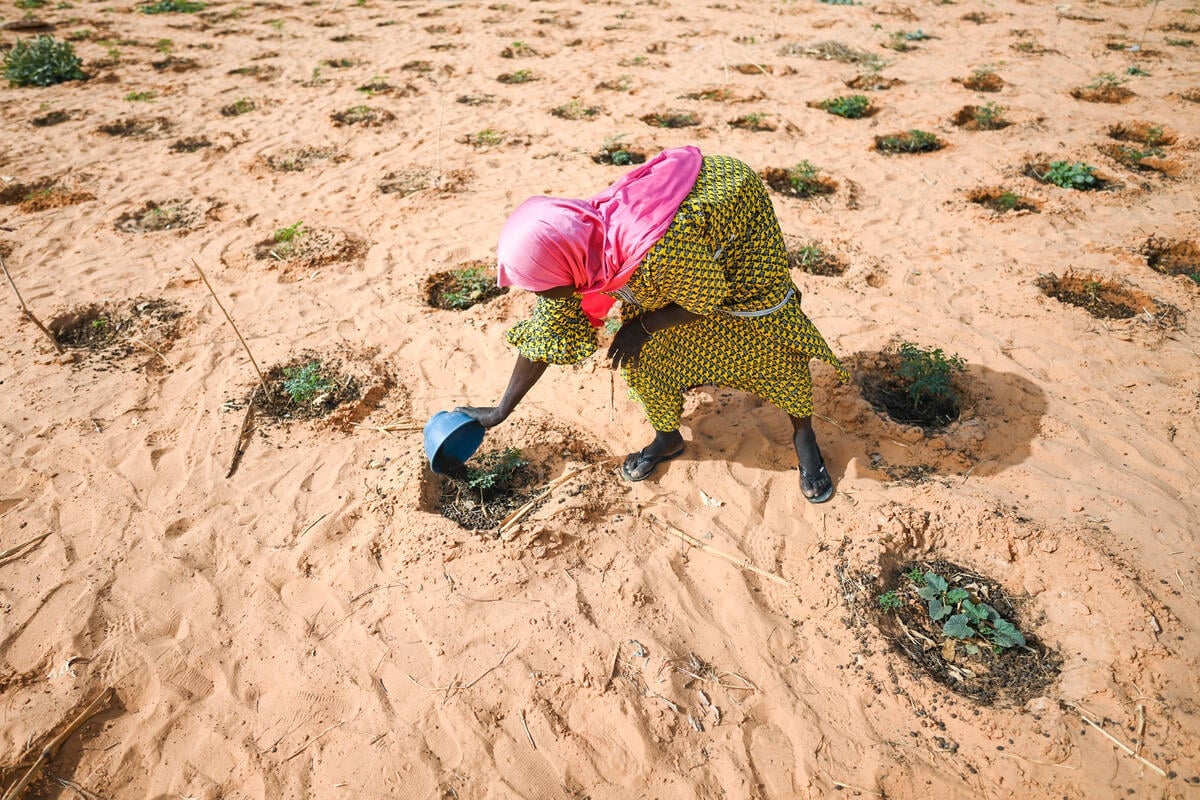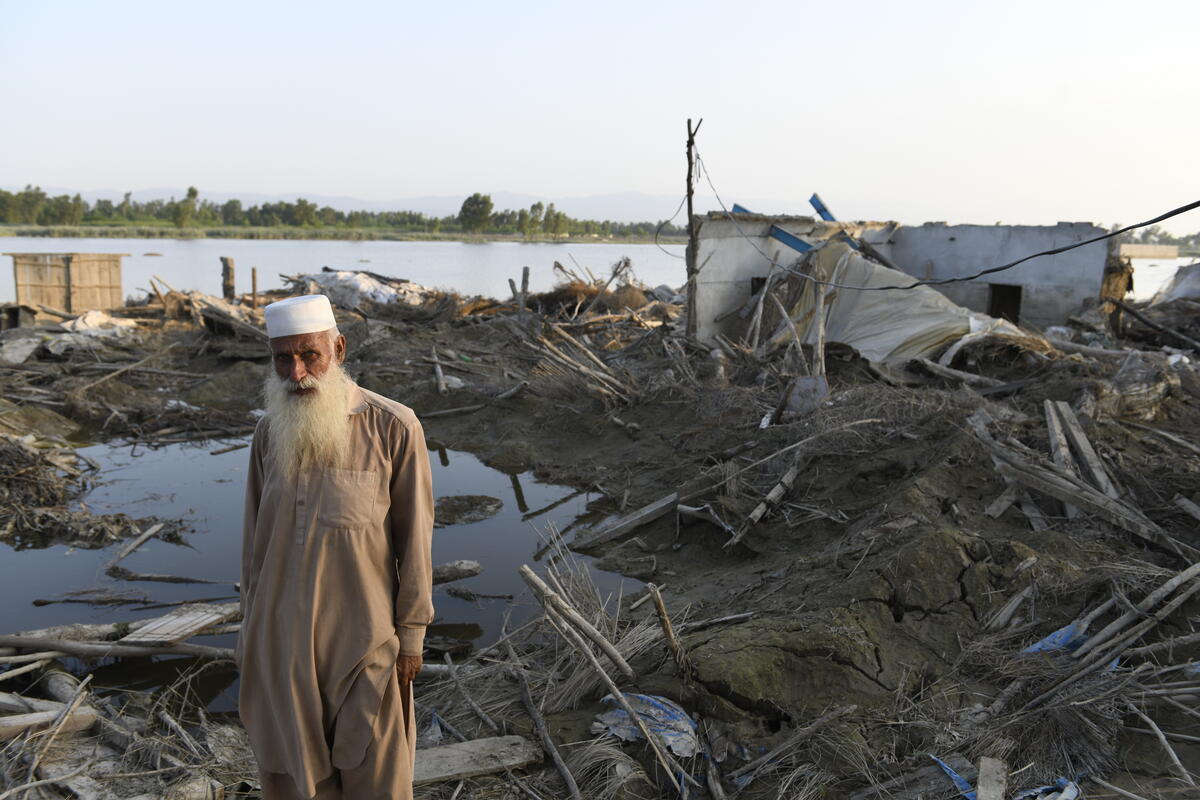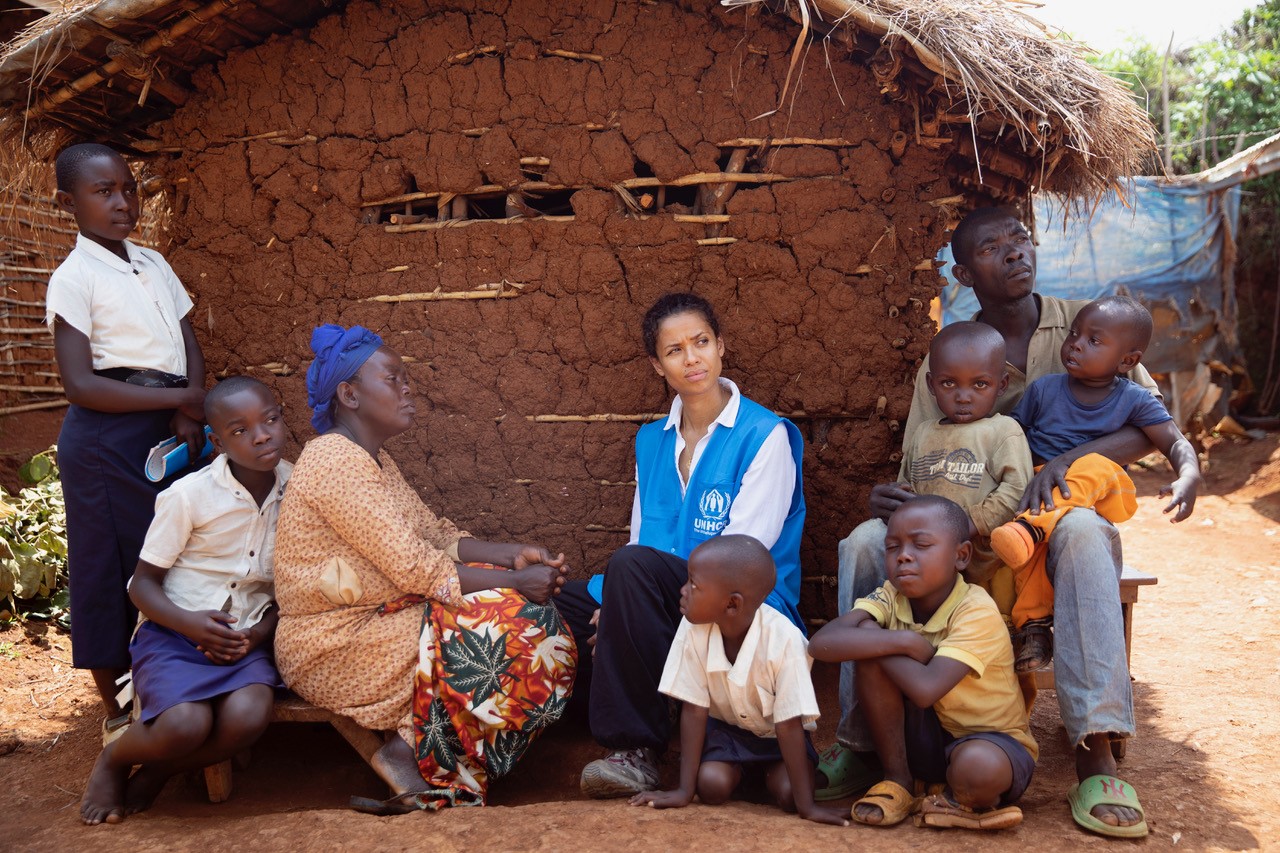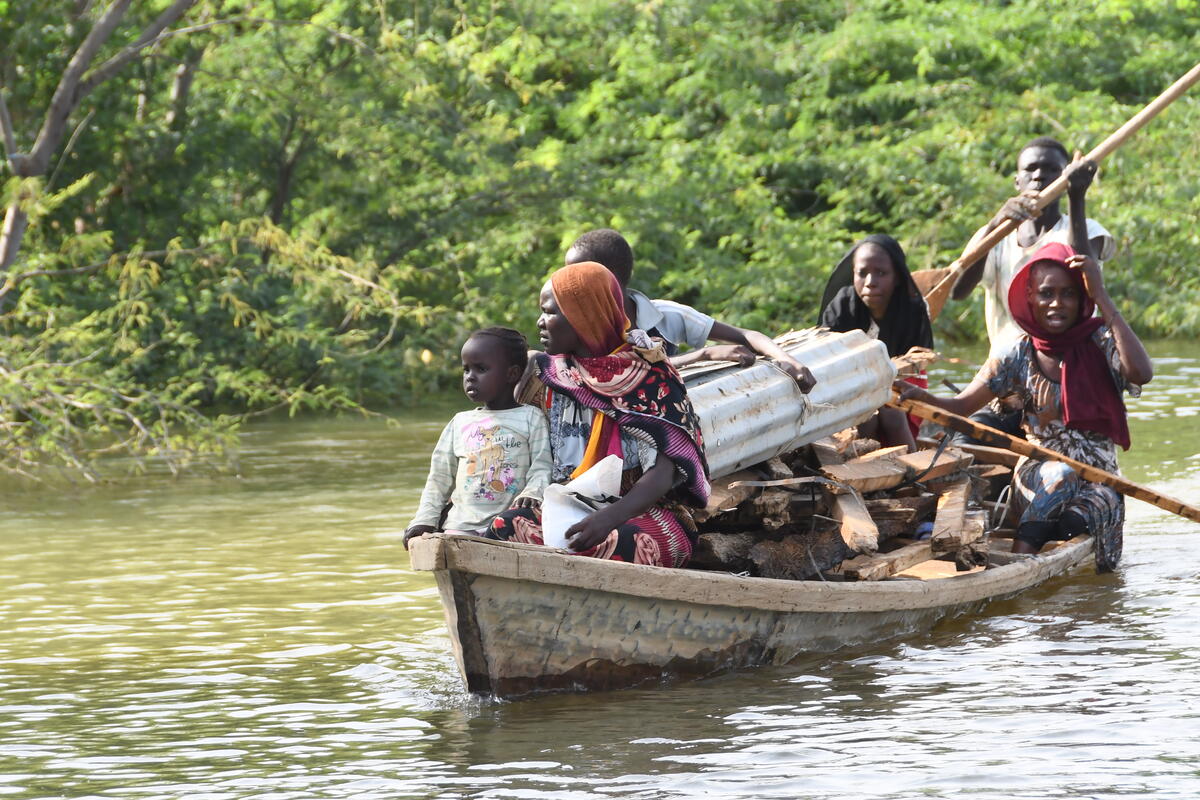Forced Displacement and the Promise of Pluralism, by António Guterres
Forced Displacement and the Promise of Pluralism, by António Guterres
High Commissioner's Op-Ed published in The Globe and Mail, 29 May 2014
Societies across the globe are becoming multi-cultural, multi-ethnic and multi-religious. Whether we like it or not, we cannot stop this trend; it is inevitable.
We do have a choice, however, in how we approach this. Do we embrace diversity as a source of strength, or do we play the populist game and make it a source of fear? Like most Canadians, I believe tolerance is the only responsible option.
Canada provides a compelling example of the benefits of multi-cultural life, when nurtured by good governance, strong civic institutions and respectful policies. It is a model celebrated worldwide, and cherished by many at home.
Yet we have seen how easy it is to throw tolerance off course. In my part of the world, Europe, anti-immigration and xenophobic parties have taken advantage of the economic crisis to rapidly gain influence, and mainstream parties have been unable, or even unwilling, to stop them.
This is deeply worrying. With an average fertility rate of 1.5 children per woman, Europe needs immigration to maintain its economy, and pay the pensions of its aging population. Without immigration, many of our communities would become unsustainable.
Recently I visited Central African Republic, a country where only a year ago Christians and Muslims lived side by side. It is today one of the world's most dangerous places, with men, women and even children being driven from their homes and killed, just because of their religion. Thousands of people are dead and nearly 700,000 forcibly displaced. It took unscrupulous individuals, looking for short term gains to make this happen.
When faith or ethnicity are instrumentalized for political purposes, tensions can quickly gain a dangerous dynamic. They are like a genie, that once out of the bottle becomes increasingly impossible to control.
That is why we celebrate models like Canada, where tolerance and reason remain strong. We must stand together against any kind of manipulation that leads to hatred, be it political populism, radical nationalism or religious fundamentalism.
It isn't easy. Globalization has been unfair, and many people have been left out. Physical and legal barriers are not enough to stop people fleeing persecution and violence, or simply looking for a better life. Border controls alone do not work; in fact they simply play into the hands of traffickers and smugglers.
Globally, we need a system that welcomes diversity, and that shares the benefits of globalization more widely. That means cooperation between countries of origin, transit and destination, and concerted efforts to identify opportunities for legal migration.
It also means doing more to prevent conflict and build peace, so that when people move, they do so out of choice, not necessity. And it means building strong global systems for when things go wrong.
Irrespective of cultural, religious or ethnic differences, men and women around the world share a common value: that we should protect and shelter a stranger in need.
Today, more people are uprooted by violence, persecution and war than at any time since World War II. Nearly 3 million Syrians have fled their country in little more than three years. And more than 1 million of them are in neighbouring Lebanon, which today has the highest concentration of refugees in the world - nearly 52 times as many as in Canada.
Canada is fortunate to be far from today's main sources of conflict and displacement. Most refugees find safety and help in neighbouring countries, which are showing generosity well beyond their means. In fact, some 86% of the world's refugees live in developing countries, compared to 70% a decade ago.
But globalization has led to global population movements, including of refugees. It remains therefore important that people in need of international protection can seek and find asylum anywhere in the world.
Canada has a proud history of welcoming refugees and its resettlement programme is one of the largest in the world. It offers refugees who can no longer stay in their first country of asylum an opportunity to rebuild their lives. I encourage Canada to resettle a large number of Syrian refugees, helping to ease the disproportionate burden shouldered by neighbouring countries, and setting an example to the rest of the world.


